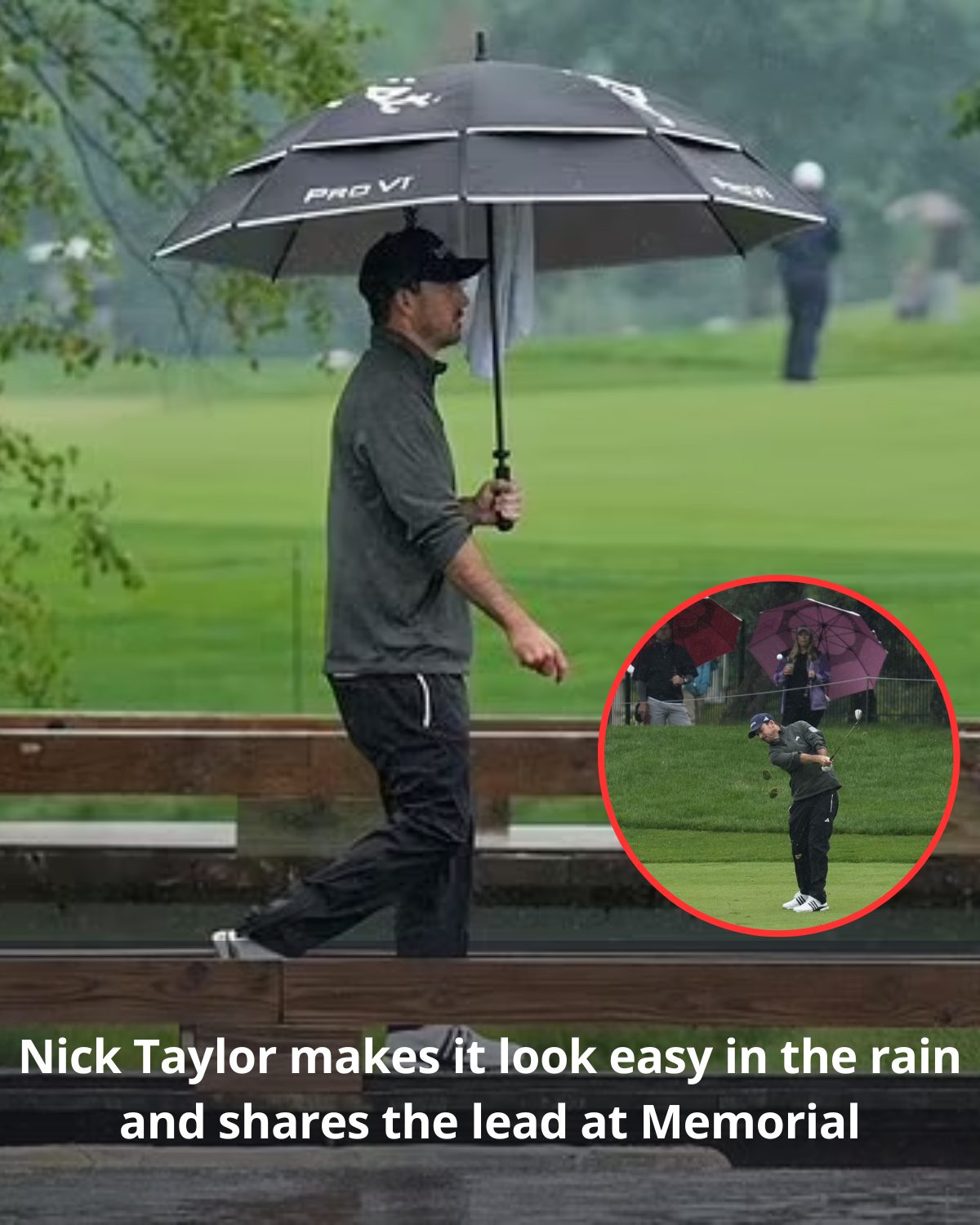**Breaking News: Larry Hoover’s Sentence Commuted—A New Chapter Begins!**
 In a stunning turn of events, President Donald Trump has granted clemency to Larry Hoover, the notorious founder of the Chicago-based Gangster Disciples, sparking a whirlwind of reactions across social media and beyond. Hoover, who has spent decades behind bars serving multiple life sentences for murder and racketeering, is now at the center of a heated debate over justice, redemption, and systemic reform.
In a stunning turn of events, President Donald Trump has granted clemency to Larry Hoover, the notorious founder of the Chicago-based Gangster Disciples, sparking a whirlwind of reactions across social media and beyond. Hoover, who has spent decades behind bars serving multiple life sentences for murder and racketeering, is now at the center of a heated debate over justice, redemption, and systemic reform.
Hoover’s story is one of complexity. Born in the turbulent South Side of Chicago in 1950, he initially aimed to establish a community force against violence. However, his organization became embroiled in drug wars, and he was later imprisoned for crimes that many advocates argue were politically motivated. Supporters, including high-profile figures like Kanye West, Drake, and J Prince, have rallied for Hoover’s release, portraying him as a symbol of the need for reform in the criminal justice system.
The commutation comes just 24 hours after a surge of public interest in Hoover’s case, reignited by calls for justice from celebrities and activists alike. Hoover’s son, Larry Hoover Jr., shared the news on social media, expressing hope for his father’s future while highlighting the emotional toll of his absence over the years.
While it’s uncertain if this will lead to Hoover’s full release, the implications of this decision are profound. The conversation surrounding Hoover transcends his criminal past, delving into issues of race, justice, and the power dynamics within the American legal system. As supporters celebrate, critics continue to scrutinize the implications of presidential clemency on public safety and legitimacy.
This pivotal moment begs the question: Can Larry Hoover transform from a symbol of gang violence into a beacon of justice? As the world watches, one thing is clear—this is not just about one man but a broader dialogue about the systemic issues facing marginalized communities. Stay tuned as this story unfolds, revealing the complexities of justice in America.





